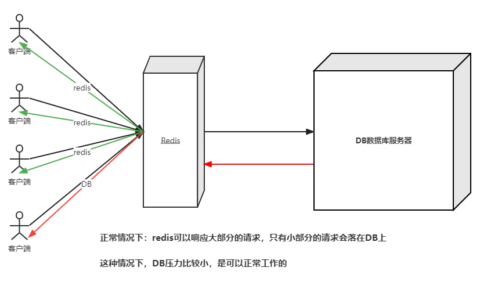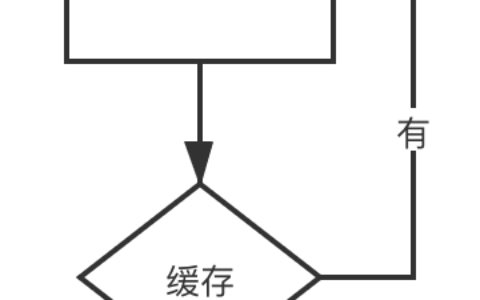写了一个java数组排序示例,这里分享给大家共同学习
package com.yonyou.test;
import java.util.ArrayList;
import java.util.Collections;
import java.util.Comparator;
import java.util.List;
public class Test {
public static void main(String[] args) {
Student zlj = new Student(“丁晓宇”, 21);
Student dxy = new Student(“赵四”, 22);
Student cjc = new Student(“张三”, 11);
Student lgc = new Student(“刘武”, 19);
List<Student> studentList = new ArrayList<Student>();
studentList.add(zlj);
studentList.add(dxy);
studentList.add(cjc);
studentList.add(lgc);
System.out.println(“按照年齡排序:”);
Collections.sort(studentList, new SortByAge());
for (Student student : studentList) {
System.out.println(student.getName() + ” / ” + student.getAge());
}
System.out.println(” ========= “);
System.out.println(“按照姓名排序”);
Collections.sort(studentList, new SortByName());
for (Student student : studentList) {
System.out.println(student.getName() + ” / ” + student.getAge());
}
}
}
class SortByAge implements Comparator {
public int compare(Object o1, Object o2) {
Student s1 = (Student) o1;
Student s2 = (Student) o2;
if (s1.getAge() > s2.getAge())
return 1;
else if (s1.getAge() == s2.getAge()) {
return 0;
}
return -1;
}
}
class SortByName implements Comparator {
public int compare(Object o1, Object o2) {
Student s1 = (Student) o1;
Student s2 = (Student) o2;
if(s1.getName().compareTo(s2.getName()) < 0)
return -1;
else if (s1.getName().compareTo(s2.getName()) > 0) {
return 1;
}
return 0;
}
}
class Student{
private int age;
private String name;
public int getAge() {
return age;
}
public void setAge(int age) {
this.age = age;
}
public String getName() {
return name;
}
public void setName(String name) {
this.name = name;
}
public Student(String name,int age) {
this.age = age;
this.name = name;
}
}
2024最新激活全家桶教程,稳定运行到2099年,请移步至置顶文章:https://sigusoft.com/99576.html
版权声明:本文内容由互联网用户自发贡献,该文观点仅代表作者本人。本站仅提供信息存储空间服务,不拥有所有权,不承担相关法律责任。如发现本站有涉嫌侵权/违法违规的内容, 请联系我们举报,一经查实,本站将立刻删除。 文章由激活谷谷主-小谷整理,转载请注明出处:https://sigusoft.com/5324.html









